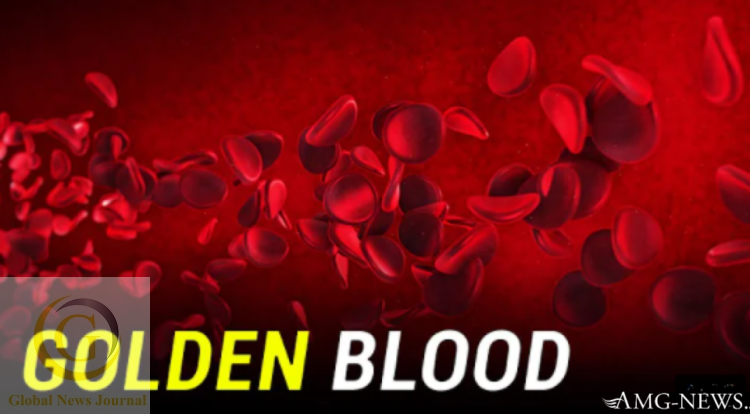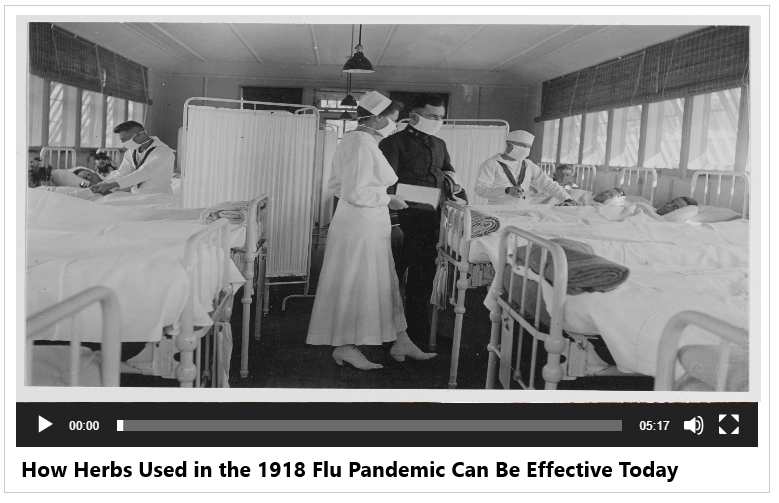This blood type is so rare that scientists call it “golden”—but the pretty name masks the fact that this type can be dangerous for people living with it.
Maybe you know your blood type off the top of your head—or maybe you’re like most Americans and you have no clue. Here’s one reason you should find out: You could have “golden blood.” And while having golden blood might sound exciting, this incredibly rare type has the potential to be deadly for people who have it.
Each of the common blood types—A, B, AB, and O—comes in negative and positive versions (depending on whether or not red blood cells have a protein called an Rh antigen on their surface).
Of these eight main categories, O positive is the most common, according to the Red Cross. AB negative is the rarest blood type in the U.S. Only 0.6 percent of Americans have this type of blood, according to the Stanford Blood Center in Stanford, California.
Also: Educate Yourself: How Herbs Used in the 1918 Flu Pandemic Can Be Effective Today (video below)
“Golden blood”
While that sounds rare, AB negative has nothing on the rarest blood type of all—one that fewer than 50 people in the entire world have—which is why scientists have nicknamed it “golden blood.”
The type, whose scientific name is Rh null blood, was discovered in 1961. Since then, there have been a total of 43 reported cases. Its rarity and unique properties combine to make it potentially dangerous, should someone with this type ever need a blood transfusion.
The reason identifying your blood type is so important is that your red blood cells have receptors called antigens. If you receive a transfusion, your immune system will only accept the antigens that match your blood type.
If you get the wrong type—and a mismatched set of antigens—your immune system will attack the blood cells, with disastrous and potentially deadly results for you. The rarest blood type, Rhnull blood, is so-called because it’s completely missing all types of the most common type of antigen, Rh.
This means that if you have it, receiving a transfusion of a blood type with any Rh antigens will cause your body to reject the blood, according to the National Institutes of Health’s Genetic and Rare Diseases Information Center. Read about 8 unsolved medical mysteries that still stump doctors.
Also: Big Diabetes Lie Presentation From the Doctors !
Transfusions can be life-saving
Since 99.9999994 percent of people have blood with Rh antigens, finding a blood donor for Rhnull individuals can be nearly impossible. This is why people who have golden blood are encouraged to donate their blood—in case they ever need it and because others with rare blood types could benefit from it.
Since Rhnull blood contains no Rh antigens to be rejected, it can be a universal donor at least with respect to Rh antigens (though not ABO or other antibodies).
Golden blood, therefore, can be both life-threatening and lifesaving. And while your chances of having the rarest blood type are incredibly low, finding out your blood type is the only way to know for sure. Next, find out if the blood-type workout is worthwhile.
It’s generally a good idea to know your blood type even if you don’t have golden blood. Not only will having the information speed things up if you need a life-saving transfusion, but certain blood types also seem connected with certain health conditions.
ALL AMG-NEWS
Our mission to champion democracy, freedom of speech, and patriotic values relies on the support of dedicated individuals like you. Your contribution is vital in helping us provide insightful analysis, uncover pressing issues, and inspire positive change in our nation.
Join us in our commitment to making a difference. Every donation counts and empowers us to continue our work in advocating for the values we hold dear.
Thank you for being a crucial part of our journey.

I’m a 33-year-old writer and the founder of World Reports Today. Driven by the timeless principles of democracy and freedom of speech, I use my platform and my writing to amplify the voices of those who uphold these ideals and to spark meaningful conversations about the issues that truly matter.








